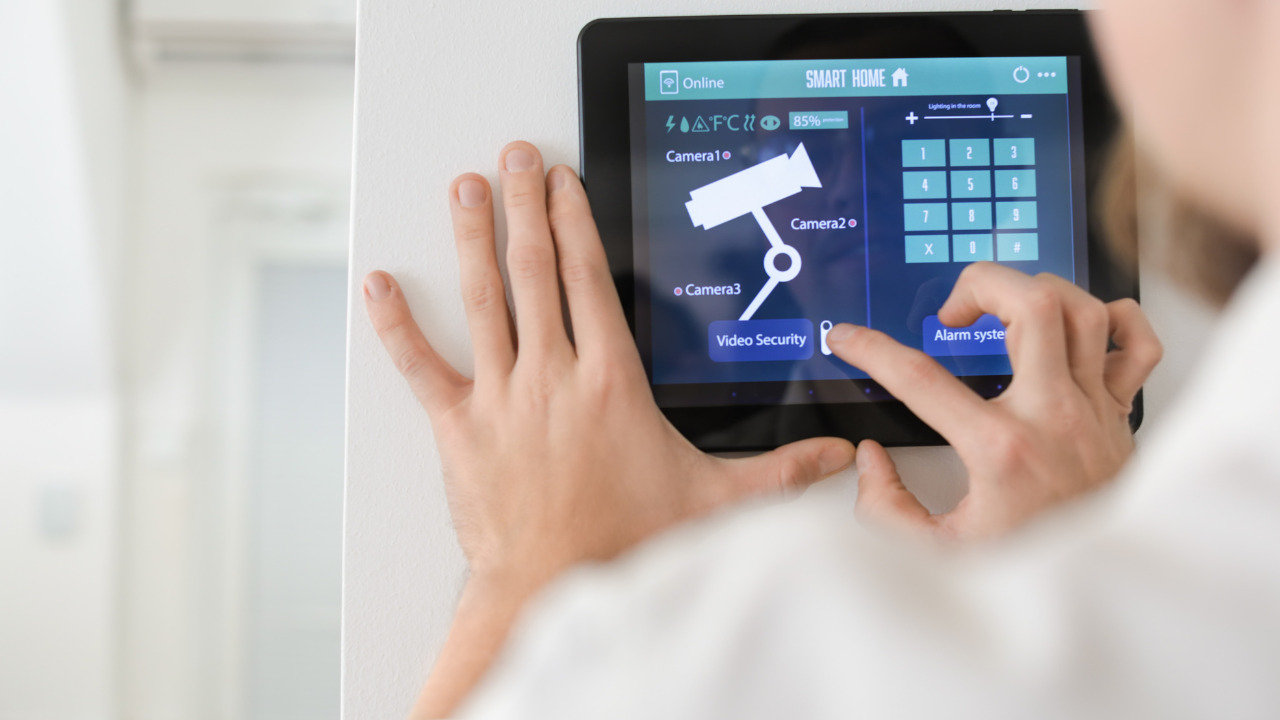You know what they say: a person’s home is their castle. And just like a castle, our homes deserve top-notch security. In the digital age, our focus on security extends beyond merely locking our doors. We’re talking about access control systems—your home’s own personal bouncer, if you will.
Table of Contents
The High Stakes of Home Security
Ever heard of the saying “better safe than sorry”? This phrase couldn’t be truer when it comes to securing our homes. Think about it: Our homes are our sanctuaries, the space where we let our guard down and feel safest. They house our loved ones and our cherished possessions. That’s why our houses deserve the highest level of protection.
A burglary occurs every 26 seconds. That’s stats cited by the FBI about burglaries in USA. Staggering, right? But the good news is that effective access control systems have been shown to deter these unwanted intruders significantly.
It’s Not One Size Fits All: Understanding Your Needs and Property Requirements
Choosing an access control system is not as straightforward as picking a ripe avocado from the supermarket. You have to consider the unique needs of your property. For instance, a sprawling estate will have different security requirements than a city apartment.
But it’s not just about property size. You also need to assess your personal needs. Have you got a gaggle of children who are always losing their keys? Perhaps a keyless entry system might be a good fit. Does your property host valuable artwork? You might need a higher security level, such as biometric systems. The bottom line is: know your needs before diving into the sea of choices.
Various Types of Access Control Systems
Traditional Lock and Key: It’s the old-school, time-tested method. It’s cost-effective, but be ready for the inconvenience of lost keys and potentially easy lock picking for skilled intruders.
Keyless Entry Systems: They come with the convenience of no lost keys and the ability to change codes when needed. But remember, codes can be shared or guessed, compromising security.
Biometric Systems: Think fingerprints or retina scans. These offer high security as they’re unique to each individual. However, they can be costly and require more sophisticated installation and maintenance.
Smart Home Systems: These connect your home’s access control with other systems such as lighting, HVAC, and alarms. They offer a great deal of convenience but also come with cyber security risks.
Combination Systems: A blend of two or more of the above. These systems offer flexibility and layered security but require careful planning and potentially higher costs.
Key Factors to Consider When Choosing an Access Control System
Security Level: From deterrence to absolute prevention, different systems offer varying degrees of security. Decide for yourself here what level you’re comfortable with.
Ease of Use: This is something to keep in mind for sure – there isn’t any point having the latest and greatest if that isn’t really offering you features that you need – or worse, making things overly difficult when they don’t need to be!
Integration with Other Systems: A system that can seamlessly blend with your existing home systems offers added convenience.
Cost: Remember to factor in both initial setup and ongoing maintenance costs.
Scalability: Choose a system that can adapt and expand as your needs change over time.
The Role of Professional Guidance
We’re going through this all in great detail because this is a complex matter, and not much about it is straightforward. This is why we’re going through in such detail. Security consultants, locksmiths, or smart home integrators can provide invaluable advice. They can help you navigate the maze and find a system that suits your needs like a glove.
Considering Legality and Ethics
While securing your home is paramount, it’s also crucial to bear in mind legal and ethical aspects. Installing certain systems may require consent if you live in a shared building. Plus, it’s important to ensure your system respects others’ privacy.
Case Studies
Consider the case of a gated community in California that switched from traditional keys to biometric systems. They not only noticed a drastic reduction in unauthorized entries but also enjoyed peace of mind knowing that only residents had access.
Or look at a city apartment complex that implemented a smart home system. The residents could control not only access but also lighting, temperature, and alarms all from their smartphones, highlighting the convenience of integrated systems.
Wrapping Up
So, there you have it—a whistle-stop tour of the world of residential access control systems. When you’re working to choose the best system, it’s not about keeping up with the neighbors or your friends but about finding the best solution that meets YOUR needs and ensures YOUR peace of mind.
Whatever option you choose to go with – the simple lock and key, or something a bit higher tech like a biometric system, the key (pun intended!) is to choose a system that you’re comfortable with, one that matches your needs, and—most importantly—lets you sleep easy at night.





